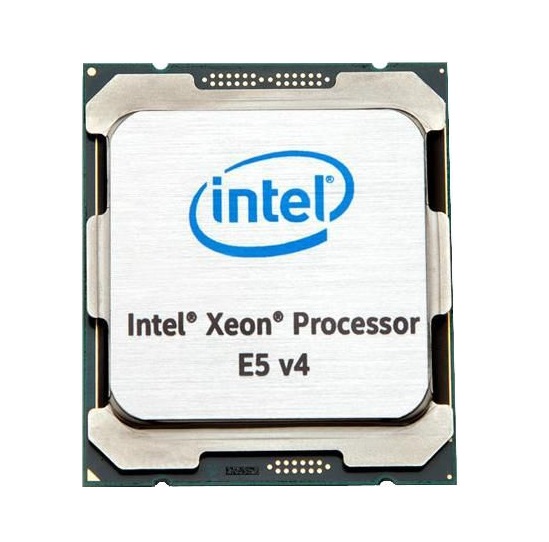CPUs and Processors
Welcome to our online store, where we offer a wide range of CPUs and processors for your computing needs. Whether you're building a new computer or upgrading your existing system, we have the right CPU or processor for you.
CPUs (Central Processing Units) and processors are the most important component of a computer system. They are responsible for executing all the commands and processing data. A good CPU or processor can make a significant difference in the performance of your computer, making it faster and more responsive.
Benefits:
High performance:A good CPU or processor can significantly improve the performance of your computer, making it faster and more responsive.
CPUs (Central Processing Units) and processors are the most important component of a computer system. They are responsible for executing all the commands and processing data. A good CPU or processor can make a significant difference in the performance of your computer, making it faster and more responsive.
Welcome to our online store where we offer a wide range of Solid State Drives (SSDs) to meet your storage needs. SSDs are a type of data storage device that use flash memory to store and retrieve data. Compared to traditional Hard Disk Drives (HDDs), SSDs offer faster read and write speeds, lower power consumption, and increased durability. SSDs offer faster read and write speeds compared to HDDs, which can lead to improved system performance and faster boot times. SSDs consume less power than HDDs, which can lead to longer battery life in laptops and lower energy costs in desktops. SSDs have no moving parts, which makes them less prone to mechanical failures and damage from drops or impacts. These SSDs use the Serial ATA interface and are compatible with most systems. These SSDs use the Non-Volatile Memory Express (NVMe) interface and offer faster read and write speeds than SATA SSDs. These SSDs are smaller and use the M.2 interface, which makes them a popular choice for laptops and ultrabooks. The controller on an SSD manages the data transfer between the SSD and the system. This is the type of flash memory used in SSDs to store data. The cache on an SSD is used to temporarily store data during read and write operations. As with any storage device, it's important to regularly backup your data to prevent loss in case of a failure. SSD manufacturers regularly release firmware updates to improve performance and fix issues. It's important to keep your SSD firmware up to date for optimal performance. While SSDs are more durable than HDDs, they can still be damaged by drops, impacts, or exposure to extreme temperatures. It's important to use and store your SSD properly to prevent damage. SSDs offer faster read and write speeds, lower power consumption, and increased durability compared to traditional HDDs. We offer a wide range of SSDs to meet your storage needs, whether you're looking for a SATA SSD, NVMe SSD, or M.2 SSD. We've explained the benefits, types, and components of SSDs and provided tips on how to maintain them to ensure optimal performance. Browse our selection today to find the perfect SSD for your system.Solid State Drives
Benefits of using SSDs:
Improved performance:
Lower power consumption:
Increased durability:
Types of SSDs:
SATA SSDs:
NVMe SSDs:
M.2 SSDs:
Components of SSDs:
Controller:
NAND Flash Memory:
Cache:
Maintenance of SSDs:
Regular backups:
Firmware updates:
Proper usage:
Conclusion:












